The Best Anti-Aging Products, According to Dermatologists
Put your best face forward with five of the latest skincare superpowers.
By Alix Strauss
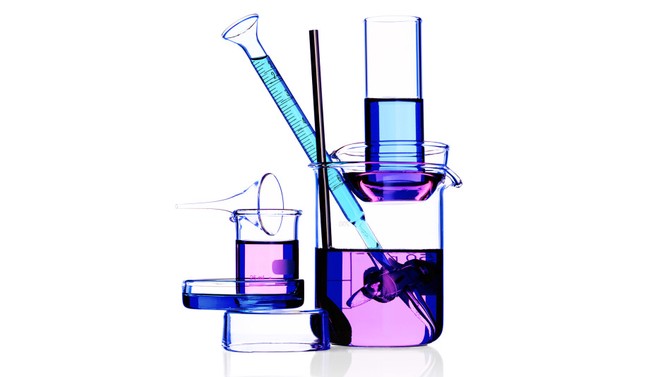
Photo: Plainview/Getty Images
Anti-Aging 2.0
On an almost-daily basis, new creams, serums, and lotions hit store shelves, in packages touting their skincare superpowers (smooths wrinkles! fades dark spots! firms and lifts sagging skin!). But for the typical shopper, figuring out which ones can actually deliver on their promises, and which will just drain your wallet, is nearly impossible. So we went to the experts—dermatologists and product formulators—to zero in on the latest advances that have science on their side. "The best technologies are able to address complexion concerns in ways topical products have previously been unable to," says Perry Romanowski, a cosmetic chemist in Chicago. "Maybe you have acne that won't go away, or brown spots that don’t fade, or uneven skin tone. It's possible there's now a better, more effective option out there." We've got five of them right here—keep reading to find the one that's right for you.
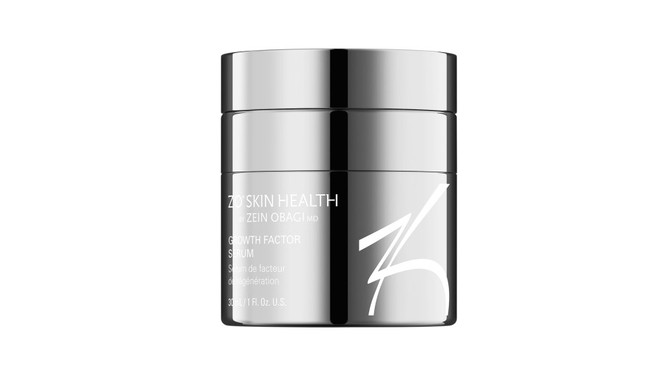
The Nonirritating Wrinkle Busters: Growth Factors
These tiny proteins in your skin send cellular signals that help stimulate collagen and elastin production, keeping your outer layer taut and lifted. Trouble is, we lose them as we age. "Our body's natural production of growth factors gets sluggish starting at about age 20, making our skin lose elasticity and vibrancy," says Dendy Engelman, MD, a dermatologic surgeon in New York City. Now product formulators are cooking up these dynamos in the lab and adding them to serums and creams. "These ingredients can be a gentler alternative to vitamin A derivatives like retinol, which work well but can have the not-so-pretty side effects of scaling, redness, and peeling," says Engelman. Although the proteins don't come cheap, they're extremely effective, with studies showing a noticeable improvement in fine lines and wrinkles.
Find it in: ZO Skin Health Growth Factor Serum ($148; ZOSkinHealth.com)
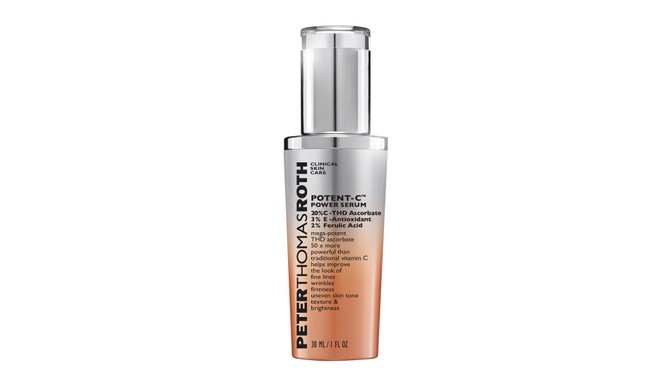
The Souped-Up Antioxidant: THD Ascorbate
For decades, derms have waxed poetic about the brightening, wrinkle-smoothing, sun-protecting benefits of vitamin C, yet this wunderkind acid can also be harsh on sensitive skin. Not anymore. Unlike other topical water-soluble forms of C, like ascorbic acid or L-ascorbic acid, THD is oil-soluble, meaning it uses your skin's natural oils to penetrate deeper without irritation, says Deanne Mraz Robinson, MD, assistant clinical professor of dermatology at Yale New Haven Hospital. "Research has found that THD increases collagen and reduces melanin production while working as a potent antioxidant to protect against UV and environmental stresses." Bonus: Unlike other forms of C, THD is stable at lower, nonirritating concentrations, so you can truly give your skin the kid-glove treatment.
Find it in: Peter Thomas Roth Potent-C Power Serum ($98; PeterThomasRoth.com)
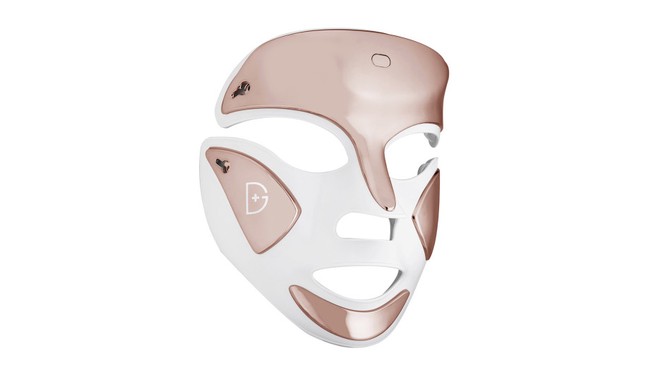
The Tone Corrector: LED Light
Here's a bright new concept: Not all helpful ingredients come in a cream. "We've been taught that light negatively affects skin, but LED functions very differently from the UV rays generated by the sun," says Dennis Gross, MD, a dermatologist in New York City. In fact, it's been used for decades to treat chronic skin conditions like psoriasis and eczema—and scientists from major universities are now conducting research on its anti-aging powers. "It's believed that red and blue light penetrate deep into the dermis, stimulating the skin's natural renewal process to improve uneven skin tone and combat dullness, fine lines, wrinkles, and inflammation," Romanowski says. Studies also show it stimulates the natural production of collagen and elastin while increasing circulation and oxygenation. The result: a more fresh-faced you.
Find it in: Dr. Dennis Gross SpectraLite FaceWare Pro ($435; DrDennisGross.com)
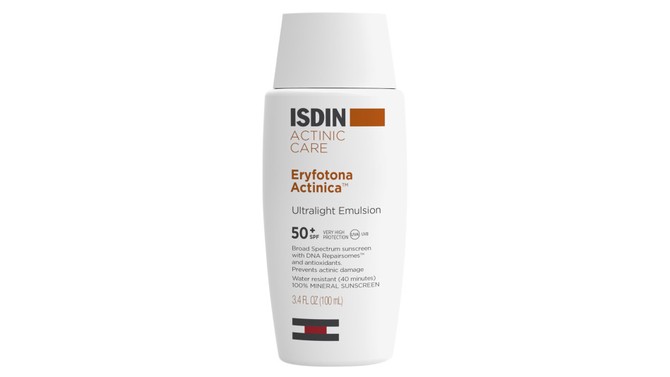
The Super Shields: DNA Repair Enzymes
Plenty of products (antioxidants, SPF) are designed to protect you from harmful pollution and UV rays, but the latest wave of ingredient technology aims to reverse damage already done to your skin. "As we age, our skin is less able to correct DNA damage from a lifetime of exposure to the sun and free radicals," Engelman explains. "Repair enzymes essentially cut out the damaged DNA like scissors." You'll typically find these enzymes in sunscreen products, and the research results speak volumes: One recent study found that using sunscreen containing the enzyme DNA-photolyase prevented sun damage and treated precancerous lesions in the skin. "The fact that we now have sunscreens that can correct existing damage that could lead to skin cancers is revolutionary," Engelman says.
Find it in: Isdin Eryfotona Actinica Ultralight Emulsion SPF 50+ ($60; Isdin.com)
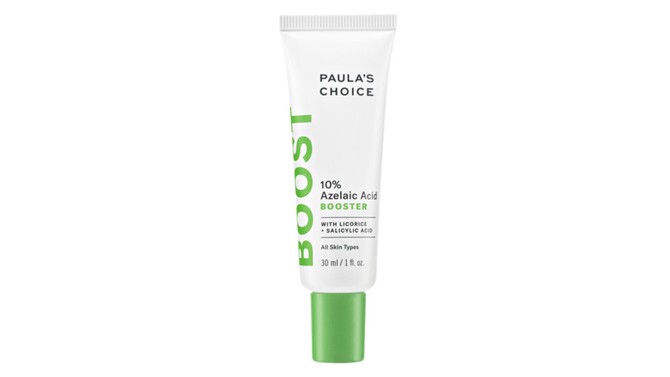
The Next-Gen Pimple Fighter: Azelaic Acid
It's time to send your skin on an acid trip—specifically, azelaic acid—because there's compelling evidence that this ingredient, derived from grains such as wheat and barley, is one solid secret to a smoother, less cranky complexion. "It's a fantastic anti-inflammatory, making it a natural go-to for treating pimples and redness," says Robinson. "It also helps unclog pores and control melanin production, reducing the appearance of dark spots and treating hyperpigmentation." Another reason it's such a top-notch zit zapper? "While the exact mechanism in the skin is unknown, the acid is a potent antibacterial and antioxidant that clears away acne-causing bacteria," says Robinson.
Find it in: Paula's Choice Skincare 10% Azelaic Acid Booster ($36; PaulasChoice.com)
From the October 2018 issue of O, The Oprah Magazine

